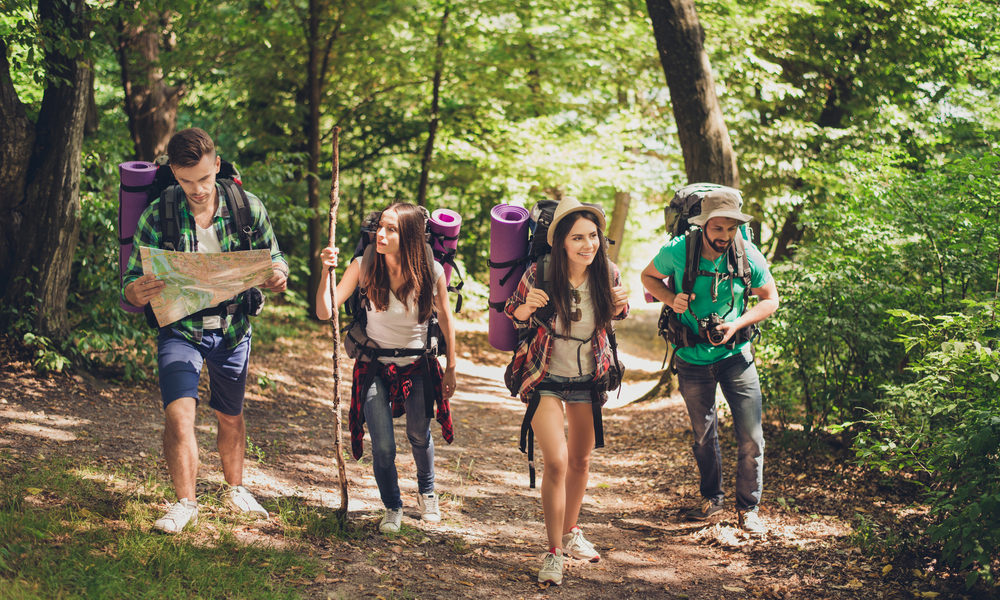
Roman Samborskyi/Shutterstock.com
.
A connection with nature can offer unique support during the transitional life stages of youth. Today in the United States, most people live in urban environments, including 11 million youth, which influences when, if and how they are in a relationship with nature.
Connecting urban youth with nature in the city can be a simple way to support a connection with this valuable resource. Youth workers need to talk about such programming.
Developing a relationship with nature stems from spending time and connecting with the natural world, which can support youth by nurturing physical, mental, emotional and spiritual health. Creating such a relationship early in life has implications throughout the lifespan and can affect critical lifestyle choices in adulthood like environmentally responsible behaviors. Numerous studies show benefits to connecting with nature in the urban environment. For example, seeing views of nature outside a window is known to increase attentiveness and stress coping, while short spans of time in nature (less than one minute) can affect traits like altruism.
Research also reveals a disconnect between urban youth and nature. Through collaborative graduate research, my co-researcher and I interviewed 10 urban adolescent women, ages 13-18, to explore their relationship with urban nature. This study revealed several barriers to connecting with nature in the city. Determinants include lack of time and the built urban environment (i.e., traffic, pollution, lack of access to quality parks).
Rural environment not necessary

Erin Heinitz
Perception of nature in the urban environment (i.e., controlled, limited, human-made) versus wild nature (i.e., natural, authentic), also negatively influenced their experiences and ability to connect. This research not only offers important insights into larger policy issues like quality and accessibility; it reveals the youth’s desire to connect with nature and the perspectives that disrupt this connection.
A program focused on developing youth’s connection with nature could help foster a relationship that will offer reciprocal support throughout the lifespan. Nature-based practices could also be easily incorporated into a variety of existing youth programs and services. Plant walks could teach youth about the variety of plants in their surroundings, while nature-based creative arts projects and cultural explorations of nature and healing could offer new contexts for being in a relationship with nature. Additionally, nature-based mindfulness practices could help youth connect with nature while relieving stress and attention fatigue.
Youth workers have a role in bringing awareness to and supporting the nature relationship of the youth with whom they work. Programming and curriculums that aim to connect urban youth with nature in the urban environment could help develop, expand and nurture this important relationship. By connecting youth with nature, we open them up to a supportive relationship of whole health benefits spanning the individual, community and environmental dimensions of health.
When we take time to see, the extent of nature in the urban environment is vast. There are formal green spaces like parks, gardens and outdoor recreation areas, but nature also exists beyond these designated spaces. The sky is always above us, while plant life finds ways to grow out of cracks in the cement and alongside busy roads. Even we as humans are a part of nature. Urban-based nature programming could help shift perspectives by engaging urban youth with nature in new ways. Even though our living environments and lifestyles are shifting, we still need to find ways to connect youth with nature for human and environmental health.
Erin Heinitz has served as a youth worker in several capacities, including mental health counseling and education support/job readiness training. She earned her master’s degree in holistic health studies from St. Catherine’s University. Her full thesis, by researchers Shyla Earl and Heinitz, can be accessed starting Aug. 15.





























